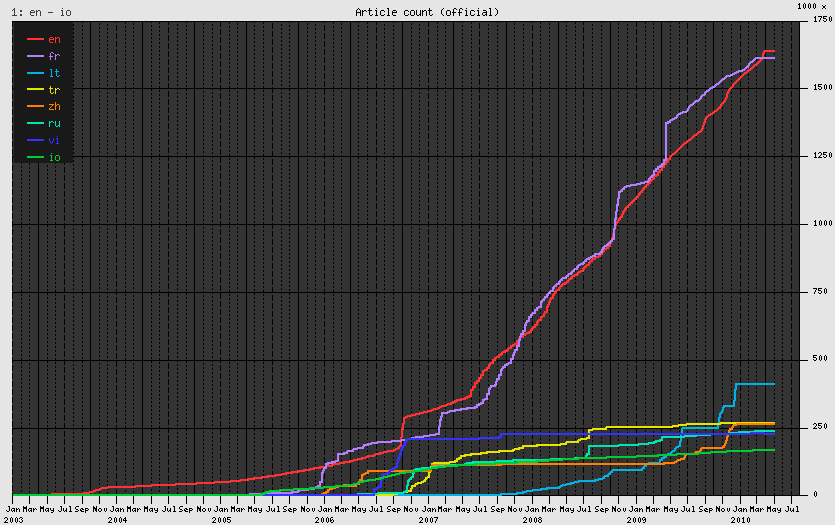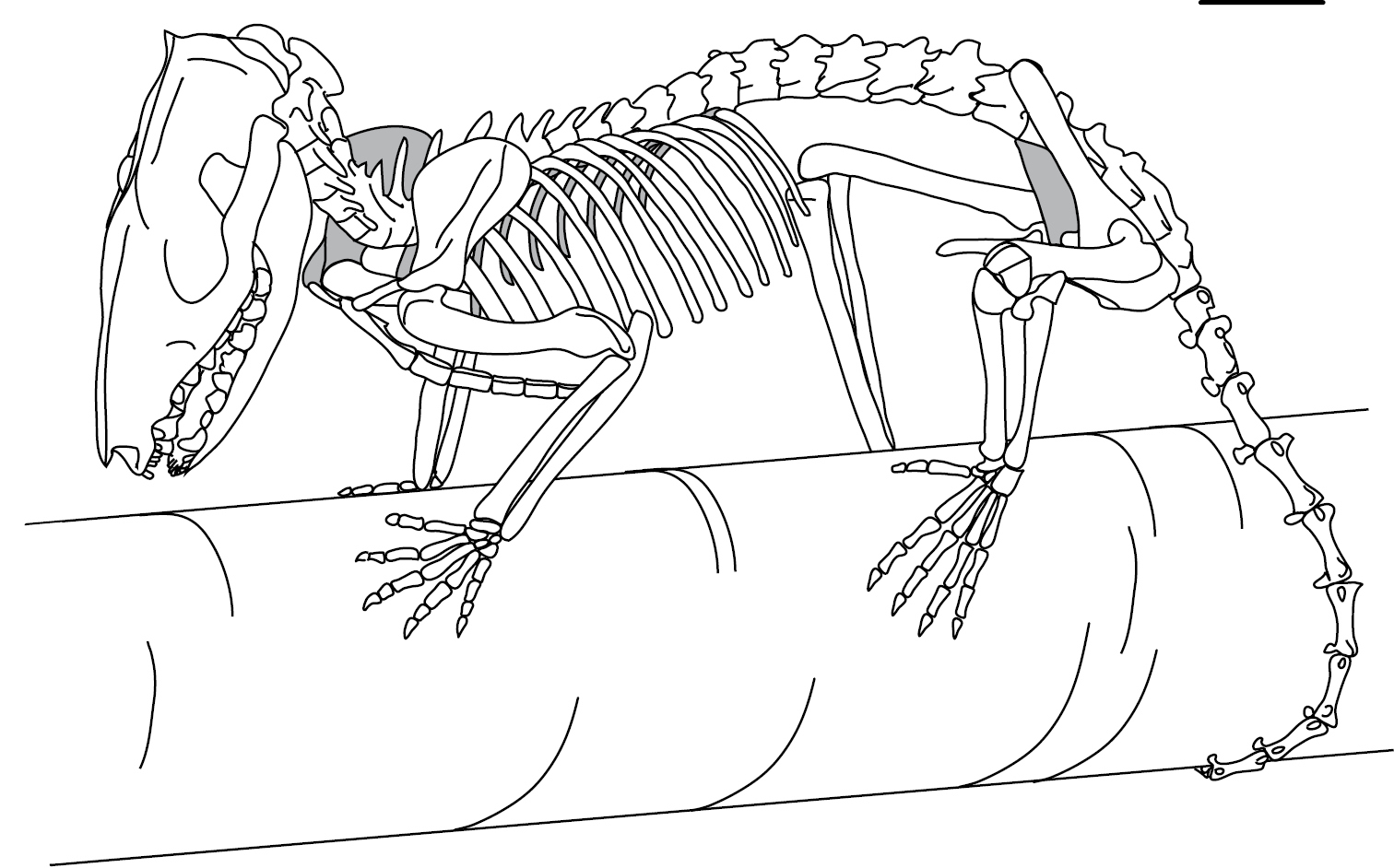|
Lencan Languages
Lencan is a small family of nearly extinct indigenous Mesoamerican languages. Languages There are two attested Lencan languages, both extinct (Campbell 1997:167). *Salvadoran Lencan was spoken in Chilanga and Potó (thus the alternative language name Potón). Lencans had arrived in El Salvador about 2,000 years B.P. and founded the site of Quelepa. One speaker remains. *Honduran Lencan was spoken with minor dialect differences in Intibucá, Opatoro, Guajiquiro, Similatón (modern Cabañas), and Santa Elena. Some phrases survive; it is not known if the entire language still exists. The languages are not closely related; Swadesh (1967) estimated 3,000 years since separation. Arguedas Cortés (1987) reconstructs Proto-Lencan with 12 consonants (including ejectives) and 5 vowels. External relationships The external relationships of the Lencan languages are disputed. Inclusion within Macro-Chibchan has often been proposed; Campbell (1987) reported that he found no solid evi ... [...More Info...] [...Related Items...] OR: [Wikipedia] [Google] [Baidu] |
El Salvador
El Salvador (; , meaning " The Saviour"), officially the Republic of El Salvador ( es, República de El Salvador), is a country in Central America. It is bordered on the northeast by Honduras, on the northwest by Guatemala, and on the south by the Pacific Ocean. El Salvador's capital and largest city is San Salvador. The country's population in 2022 is estimated to be 6.5 million. Among the Mesoamerican nations that historically controlled the region are the Lenca (after 600 AD), the Mayans, and then the Cuzcatlecs. Archaeological monuments also suggest an early Olmec presence around the first millennium BC. In the beginning of the 16th century, the Spanish Empire conquered the Central American territory, incorporating it into the Viceroyalty of New Spain ruled from Mexico City. However the Viceroyalty of Mexico had little to no influence in the daily affairs of the isthmus, which was colonized in 1524. In 1609, the area was declared the Captaincy General of Guatemala ... [...More Info...] [...Related Items...] OR: [Wikipedia] [Google] [Baidu] |
Ejective
In phonetics, ejective consonants are usually voiceless consonants that are pronounced with a glottalic egressive airstream. In the phonology of a particular language, ejectives may contrast with aspirated, voiced and tenuis consonants. Some languages have glottalized sonorants with creaky voice that pattern with ejectives phonologically, and other languages have ejectives that pattern with implosives, which has led to phonologists positing a phonological class of glottalic consonants, which includes ejectives. Description In producing an ejective, the stylohyoid muscle and digastric muscle contract, causing the hyoid bone and the connected glottis to raise, and the forward articulation (at the velum in the case of ) is held, raising air pressure greatly in the mouth so when the oral articulators separate, there is a dramatic burst of air. The Adam's apple may be seen moving when the sound is pronounced. In the languages in which they are more obvious, ejectives are of ... [...More Info...] [...Related Items...] OR: [Wikipedia] [Google] [Baidu] |
Wiktionary
Wiktionary ( , , rhyming with "dictionary") is a multilingual, web-based project to create a free content dictionary of terms (including words, phrases, proverbs, linguistic reconstructions, etc.) in all natural languages and in a number of artificial languages. These entries may contain definitions, images for illustration, pronunciations, etymologies, inflections, usage examples, quotations, related terms, and translations of terms into other languages, among other features. It is collaboratively edited via a wiki. Its name is a portmanteau of the words '' wiki'' and '' dictionary''. It is available in languages and in Simple English. Like its sister project Wikipedia, Wiktionary is run by the Wikimedia Foundation, and is written collaboratively by volunteers, dubbed "Wiktionarians". Its wiki software, MediaWiki, allows almost anyone with access to the website to create and edit entries. Because Wiktionary is not limited by print space considerations, most ... [...More Info...] [...Related Items...] OR: [Wikipedia] [Google] [Baidu] |
Opossum
Opossums () are members of the marsupial order Didelphimorphia () endemic to the Americas. The largest order of marsupials in the Western Hemisphere, it comprises 93 species in 18 genera. Opossums originated in South America and entered North America in the Great American Interchange following the connection of North and South America. The Virginia opossum is the only species found in the United States and Canada. It is often simply referred to as an opossum, and in North America it is commonly referred to as a possum (; sometimes rendered as ''possum'' in written form to indicate the dropped "o"). Possums should not be confused with the Australasian arboreal marsupials of suborder Phalangeriformes that are also called possums because of their resemblance to the Didelphimorphia. The opossum is typically a nonaggressive animal. Etymology The word ''opossum'' is borrowed from the Powhatan language and was first recorded between 1607 and 1611 by John Smith (as ''opassom'') ... [...More Info...] [...Related Items...] OR: [Wikipedia] [Google] [Baidu] |


